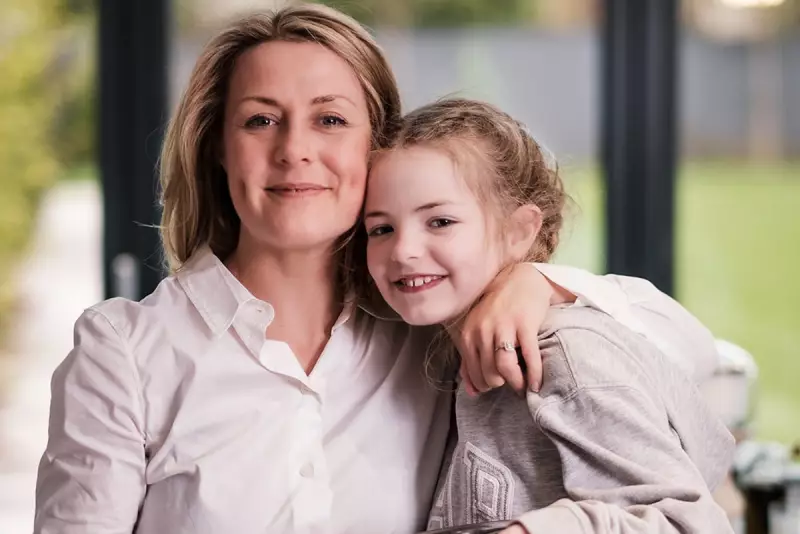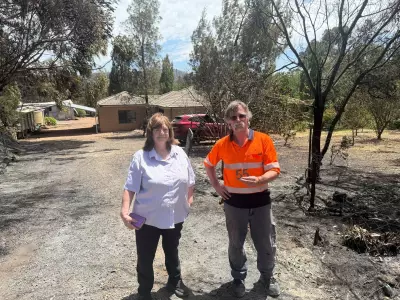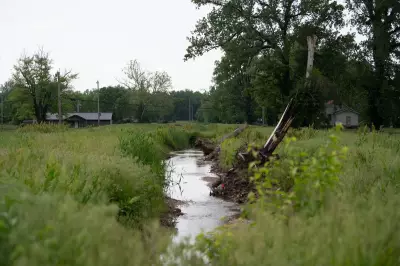
A mother's health was devastated and her young daughter left with lasting respiratory problems after living in a damp and mouldy house in South London, a case that highlights a growing public health crisis.
Lisa Malyon, 42, saw her health decline drastically over two years in the property near Sutton, eventually collapsing with chest pain and being hospitalised for five days with pneumonia. "It was horrible. I just didn't know if I was going to survive," Ms Malyon told The Independent.
A Home That Made Them Ill
Lisa moved into the house with her partner Richard and daughter Phoebe in 2015, immediately noticing a persistent musty smell. Every morning, windows dripped with condensation that soaked into the carpets, and their belongings were constantly covered in mildew, forcing her to throw things away.
In a tragic twist, her weekly use of a mould remover spray was unknowingly making the situation worse. "It was feeding the mould and further contaminating our air," she explained, spreading microscopic spores and harmful compounds throughout the house for the family to inhale.
Severe Health Consequences
After two years, both Lisa and her daughter began suffering from repeated chest infections, fatigue, and breathlessness. Lisa's condition deteriorated to the point where she struggled to walk upstairs. Her hospitalisation in January 2020 at St Helier Hospital revealed a lump on her chest.
Doctors were shocked to find a fungal mass on her lung, a condition they said was rare in a non-smoker of her age. Initially suspected to be cancer, it was diagnosed as a direct fungal infection. The family's decision to move brought immediate relief. "My health immediately recovered. I haven't had a chest infection since we left the house," Lisa confirmed.
However, the damage was lasting. Her daughter Phoebe, now 10, lived in the property during critical lung development and now requires an inhaler morning and night to prevent chest infections. Lisa herself has developed chemical sensitivities, triggered by everyday substances like chlorine in leisure centres.
A National Health Emergency
This personal tragedy underscores a wider warning from medical experts. The Royal College of Physicians (RCP) is calling for a UK-wide public health campaign on air pollution, which it labels a "public health emergency."
Their report, 'A Breath of Fresh Air', states that air pollution will contribute to the equivalent of 30,000 deaths in the UK in 2025, costing the economy over £27 billion annually. Pollution affects almost every organ, with links to cancer, heart disease, stroke, and dementia.
Despite this, a YouGov poll shows about a third of UK adults do not believe air pollution risks their health. Professor Sir Stephen Holgate, RCP's special adviser on air quality, urged: "The government must launch a national campaign to help people understand the risks they face."
A DEFRA spokesperson stated the government is acting, having provided £575 million to Local Authorities since 2018 to tackle air pollution and reduce public exposure.





